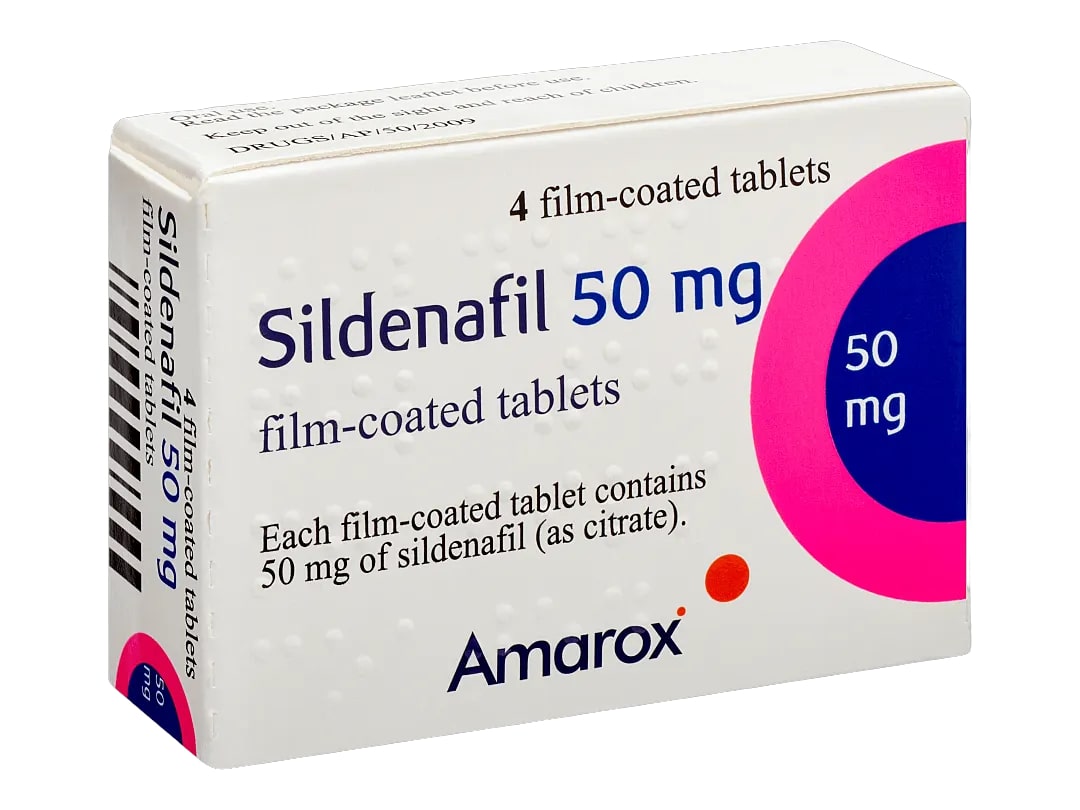Why Choose Sildenafil?
Improved Blood FlowEnhance your overall cardiovascular health by incorporating regular exercise and a balanced diet into your routine.
Increased ConfidenceAddressing underlying psychological factors, such as stress and anxiety, can significantly improve sexual confidence.
Enhanced IntimacyOpen communication and emotional connection with your partner can strengthen intimacy and improve sexual satisfaction.
Reduced StressPracticing relaxation techniques, such as meditation or yoga, can help manage stress and improve overall well-being.
Better Overall HealthPrioritizing regular checkups and addressing any underlying health conditions can contribute to improved sexual function.
Always follow your doctor’s instructions for the best results and safety.


